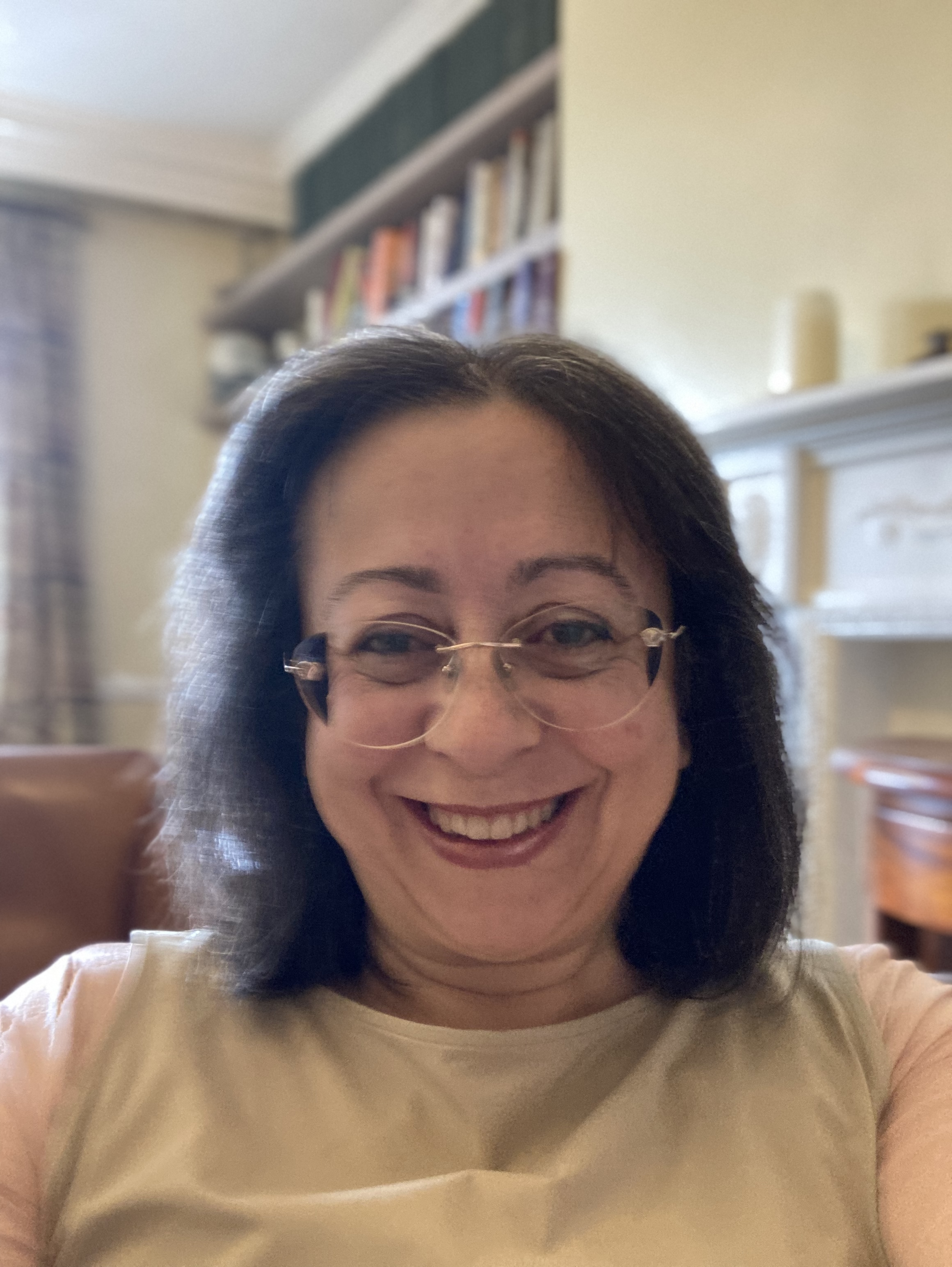Rachel Farhi is a therapist in South East London
What attracted you to becoming a therapist?
Several years back I worked with the British Army in a PRU - a recovery unit for soldiers medically discharged from the military. This was at the height of the Afghanistan war and many of the soldiers on my caseload had received life-changing physical and/or psychological injury. Although I was working with them on their resettlement into civilian life, such as finding a job or getting into education, I found that listening to their emotional issues helped them. I decided that I wanted to become a therapist so I could help other people as well in a more profound way.
Where did you train?
The Mary Ward Centre in London for my certificate and then City Lit, London for the diploma.
Can you tell us about the type of therapy you practise?
I trained in the person-centred approach which is a very simple and elegant therapy, suitable for a wide range of issues, particularly depression, low self-esteem and anxiety. I liked the idea behind it that each client is ultimately their own expert on what they need to live in a healthier way. Because of early experiences though, the client may have learned ways of relating to others that are counter-productive. As their therapist I help them to discover new ways to overcome their issues by being accepting and empathic to who they are now, however difficult that may seem. Clients like PCA because it isn't intrusive, and it lets them remain in control of the process until they feel ready to take the next step.
What sort of people do you usually see?
I've had the privilege of working with all kinds of people, from very diverse backgrounds. My practice is a reflection of the melting-pot that is London. But I'd say if there was a common ground between clients it is in their wish to improve their lives in some way.
What do you like about being a therapist?
I like being able to help someone to change and lose old negative habits. When I watch the personal growth in a client over the weeks and months, going from their lowest point to reaching out to their potential, it's a bit like being a gardener watching a plant grow!
What is less pleasant?
Dealing with the business side of things. I find it boring!
How long you've been with Welldoing and what you think of us?
I first heard of Welldoing through a newspaper article with the founder and I looked into it from then. I think it's a great idea to bring together so many resources and people under one umbrella.
Do you ever suggest books or apps to clients?
Sometimes a book might resonate. But I don't recommend apps, as they take people away from the personal, face to face element and I don't believe they're a substitute for real life interaction.
What do you do for your own mental health?
I try to connect with nature in some way, it quite literally grounds me. I also try to keep a good basic routine going, getting enough sleep, exercise and seeing friends who are spiritually nourishing for me.
You see are a therapist in South East London. What can you share with us about seeing clients in this area?
There are a lot of creative people in this part of the world, so I often work with actors and musicians who I find are already quite open to taking on new ideas. This is also a great area for young families and however wonderful it might be to have children, sometimes parents need a bit of attention too. Counselling can be the me-time that makes the difference.
What's your consultation room like?
Peaceful, cosy and scented with lavender. I have a Victorian chaise longue which clients can stretch out on if they like. Or sometimes we can sit on giant cushions on the floor if that's what's wanted. Mostly, we face each other in these comfy tub chairs by the fireplace. I usually light a small candle as I find the firelight helps people focus and relax.
What do you wish people knew about therapy?
Therapy can be a great gift from life_, to_ life. You don't have to be in crisis to benefit from learning how you really are as a person and working out what you want from the world. Also, it isn't advice-giving or someone telling you how to live. It's a personal discovery and that can be very exciting, as well as a bit scary sometimes as all the best adventures are!
What did you learn about yourself in therapy?
I learned that I didn't have to overachieve in order to be acceptable and that it's ok to make mistakes and try new things without there having to be a justification. There's more but that would take a book...

